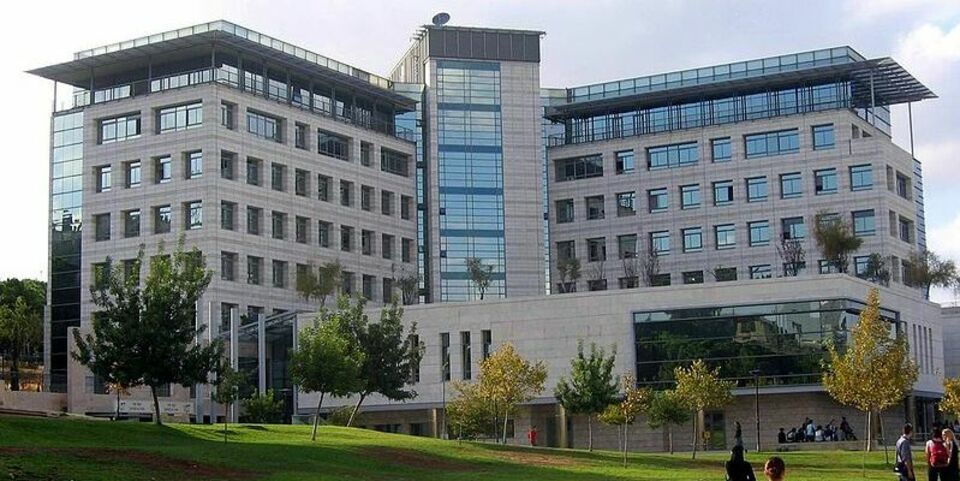Technion in Israel sixth member of EuroTech
EuroTech Universities Alliance, the partnership of universities of technology, whose members include TU/e, will be gaining a new member as of January 1st: Technion, Israel Institute of Technology in Haifa. This was announced last week at a EuroTech meeting in Brussels. That research conducted by Technion is also put to military use is not something that Board President Jan Mengelers, currently also chairperson of EuroTech, views as a problem.
The announcement of new member Technion, Israel's oldest and most prestigious university, follows the addition last June of the French École Polytechnique (Paris) and brings to six the number of members of this select company; as well as TU/e, its existing members include the Danmarks Tekniske Universitet (Copenhagen), École Polytechnique Fédérale de Lausanne and Technische Universität München.
Although, strictly speaking, Israel is not part of Europe, it participates - as does non-EU-country Switzerland - in the system of EU research funding, and in this sense is part of the European scientific community. In recent years, for example, Technion has secured no fewer than 84 prestigious ERC Grants.
Jan Mengelers, President of TU/e's Executive Board, is chairperson of EuroTech Universities Alliance. He regards Technion as being a perfect partner in the field of research and innovation. “Within EuroTech we bring together complementary research lines and connect up our innovation ecosystems to achieve greater impact. Technion fits perfectly into this scenario, given its scientific strength and vibrant innovation ecosystem.”
Sensitive
Of the excellence of Technion as a research institution there can be no doubt – the Chemistry department currently has three Nobel Prize winners on its staff – but the choice of an Israeli university as a member of EuroTech is politically sensitive. Technion is a significant supplier of knowledge to the Israeli weapons industry and research at the university has produced, among other things, unmanned bulldozers that have been deployed by the Israeli army in the Palestinian territories.
In his capacity as chairperson, Mengelers responded yesterday in the Eindhovens Dagblad with the argument that neither EuroTech nor TU/e are political organizations. “Nor were political or other grounds taken into consideration. The Netherlands maintains normal and open relations with Israel. To be very brief: we leave politics and religion aside. This is about science and that is conducted worldwide.”
According to the Eindhovens Dagblad, at Ghent University last year a special human rights committee was set up after cooperation with Technion led to some commotion there. The committee examines each new project with universities in countries such as Turkey, China or Israel to prevent the university participating in 'compromising projects’. According to Mengelers, a human rights committee of this nature is “not on the agenda” in Eindhoven.
Photonics
The Israeli Oded Raz studied at Technion and is now Associate Professor at TU/e's Department of Electrical Engineering. He emphasizes that the bonds between the institute and the Israeli army should not be overstated. "It would be silly to say that Technion is an extension of the army. Owing to the geopolitical situation in Israel, considerable funding is available for defense. And the innovative technology coming from the labs of a pre-eminent technical institute like Technion may indeed be used for military applications but, as I see it, their research is always driven by scientific curiosity.”
Technion was founded in the early twentieth century, according to Raz, by Jewish engineers who emigrated from Germany to Palestine. “It is now certainly Israel's best university and its only purely technical university. It has a beautiful campus on a wooded mountain near Haifa, and is known for being a place that spawns many technical startups.”
Personally, Raz sees Technion's membership of EuroTech primarily as an opportunity for collaboration in the field of photonics. “The mindset of their Electrical Engineering department is considerably more fundamental than ours here in Eindhoven. In that respect, we complement each other well: I see opportunities here for implementing ideas from Haifa. Including perhaps by accommodating Technion startups here, so that they can make use of our facilities, like the cleanroom.”


Discussion